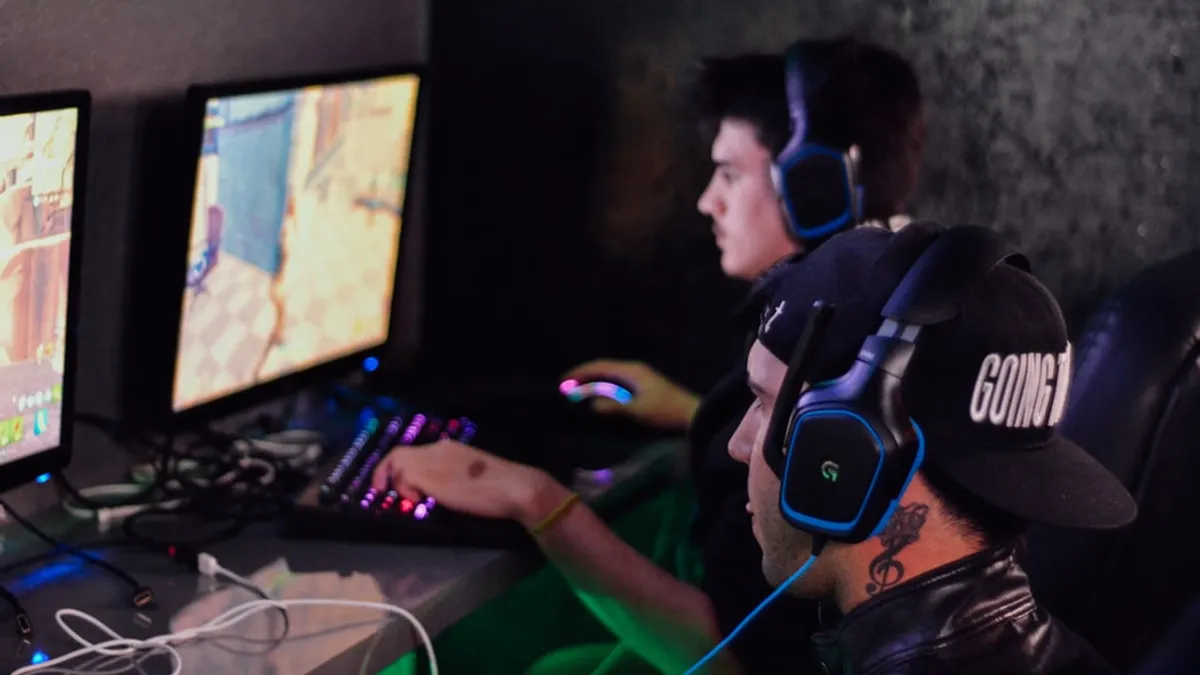Dive Brief:
-
As esports catches on nationwide, Virginia is experimenting with a trial high school esports league around the games League of Legends, Rocket League and Smite to give gamers at dozens of schools an opportunity to compete in sports programs, District Administration reports.
-
Esports is an inclusive opportunity for students who may feel disconnected from traditional athletic opportunities, according to Kenneth Edwards, athletic director at Jamestown High School in Williamsburg, Virginia. He compares esports to debate, forensics and scholastic bowls.
-
Schools can keep the costs down by purchasing $350 graphic cards to update desktop computers, and the games don’t strain networks because the teams practice after school when digital use is lower.
Dive Insight:
Competitive video gaming is considered a sport in eight states, not including Virginia’s new league. Not only does esports give students previously unengaged by extracurricular programs a new opportunity to connect, it helps feed a career pipeline.
Gaming is now considered a real career path since professional players can make hundreds of thousands of dollars a year. Playing video games can also lead to STEM careers where players develop their own games.
High school gamers can also earn college scholarships. Jeremy Murray, a junior at Howell Central High School in St. Charles, Missouri, said six of his teammates were offered $400,000 in scholarships to play esports in college. They aren’t the only ones.
In the 2018-19 school year, 200 U.S. colleges offered $16 million in esports scholarships — three times the number offered in 2015. The $16 million in scholarship money went to 65,000 players in 1,700 high schools.
Despite esports’ growing popularity, however, there has been pushback. Physical education teachers, who want students up and moving, dispute that it's a “sport.” Even politicians are chiming in. In Canada, lawmakers have tried to stop high school programs by saying esports can promote cyber dependence.
In Illinois, it’s not just a matter of semantics: If esports is classified as a sport, amateur rules would apply to the high school players, and students wouldn’t be able to participate elsewhere while the esport season is underway or accept money for wins.
Regardless of the classification, the high school esports trend promises to add another opportunity to further engage student populations and boost culture via a greater sense of connectedness to the school community.












